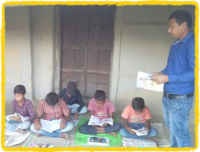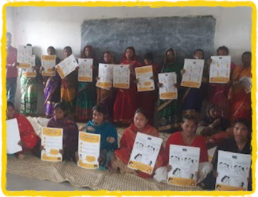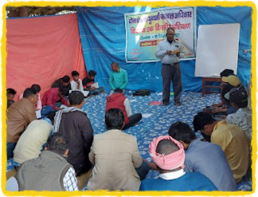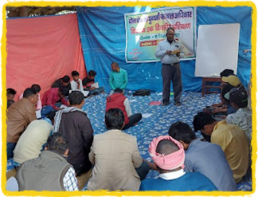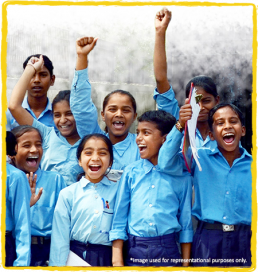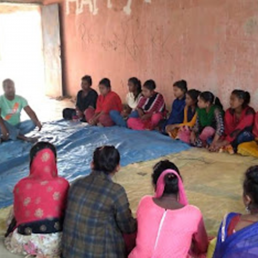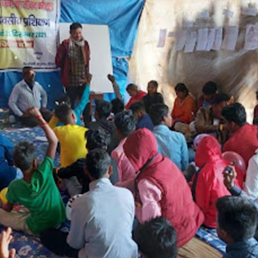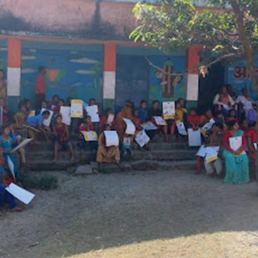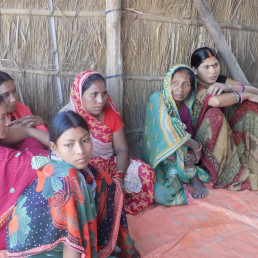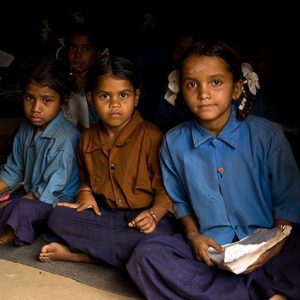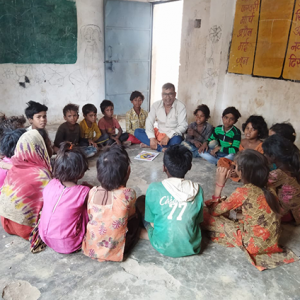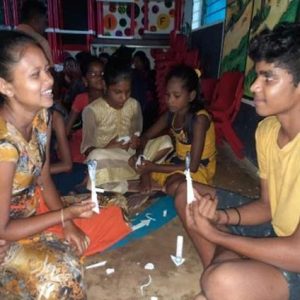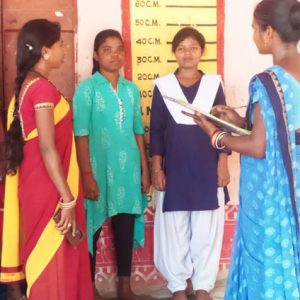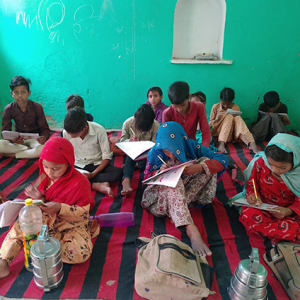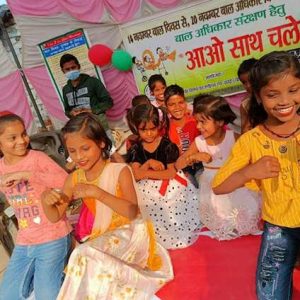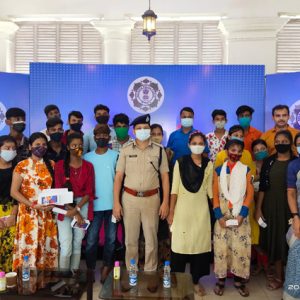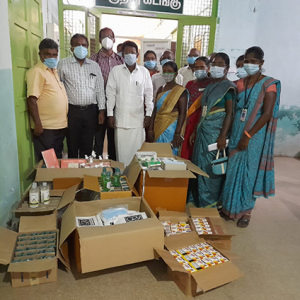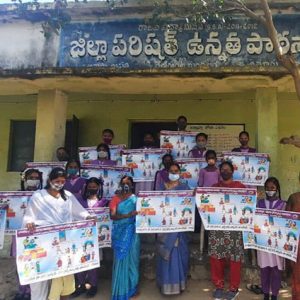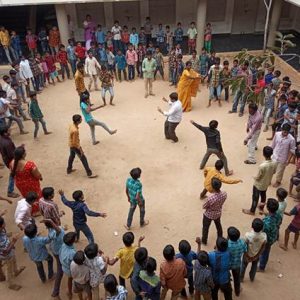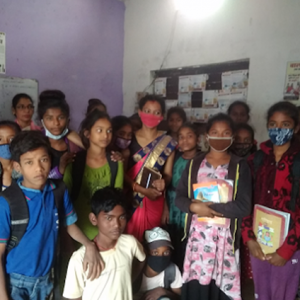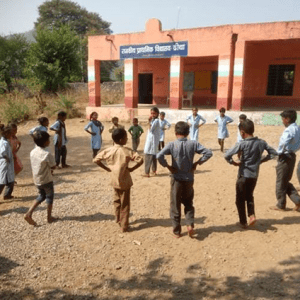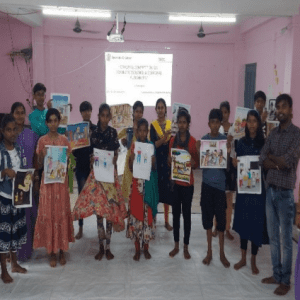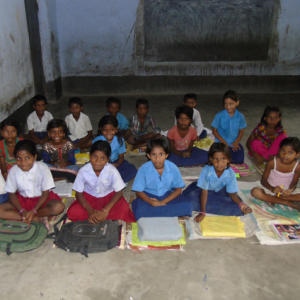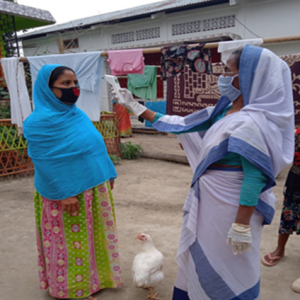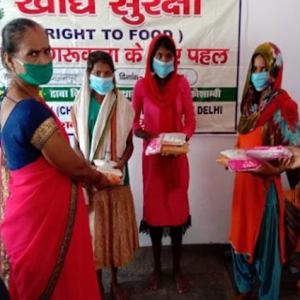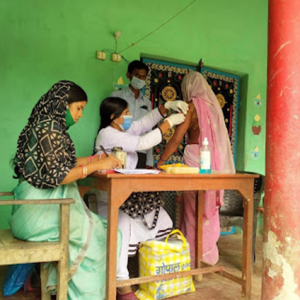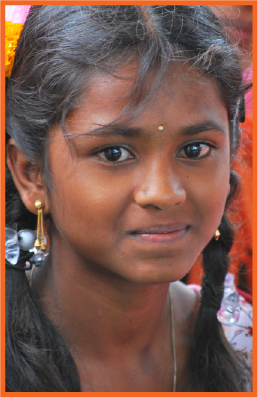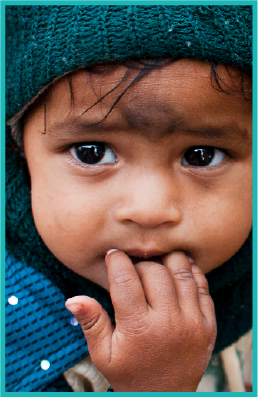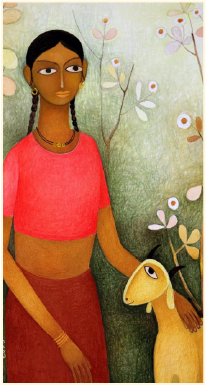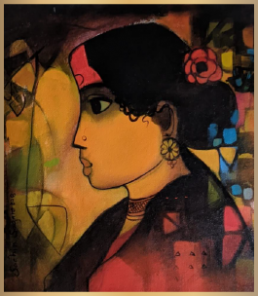Campaign Story
About the project
Ramnagar is one of the 18 blocks in West Champaran where poor road connectivity and substandard educational infrastructure hinder access to quality education. The dropout rate among girls is particularly high, with only 53% transitioning from middle to high school due to deep-rooted gender biases that often lead to early marriages. Additionally, the lack of nearby high schools forces many children to discontinue their education after secondary school, leaving them with limited options—either joining the local labor force or migrating to other states in search of employment.
Making a difference
CRY America’s Project DEEP aims to bridge the gap between the haves and the have-nots by enhancing access to infrastructure and quality education in Anganwadi Centers (AWCs), primary schools, and secondary schools across villages in this community. Key activities include identifying vulnerable children, enrolling and re-enrolling them in mainstream education, sensitizing School Management Committee (SMC) members on education-related issues, and linking families to government programs to ensure financial stability. Additionally, the project fosters Children’s Collectives and Girls’ Collectives to raise awareness about child marriage and child labor, empowering young individuals to advocate for their rights.
The way forward
● 5352 children (6-14 years) to be retained in schools
● 280 children (3- 6 years) to be enrolled in ICDS
● Sensitize atleast 30 members of Panchayati Raj Institutions (PRI) and 220 School Management Committee (SMC) members to reduce irregularity in school
● Provide educational support to 303 children from grades 1 to 5.
● Rescue 41 child laborers (ages 6–14) across 24 operational villages.
● Prevent 26 potential cases of child marriage in 24 villages.
● Life Skills sessions for 384 members of Children’s Collectives
● Encourage 100 children to participate in sports activities.
● 100% enrollment of children in the age of 3 to 6 years in ICDS
● 100% retention of children in age of 6 to 14 years in schools
● Reduction in child labor in intervention areas
● Addressing child marriage through a comprehensive program
● Creating sustainable child driven collectives and peer support groups
The way forward
● 100% enrollment of children in the age of 3 to 6 years in ICDS
● 100% retention of children in age of 6 to 14 years in schools
● Reduction in child labor in intervention areas
● Addressing child marriage through a comprehensive program
● Creating sustainable child driven collectives and peer support groups
Project Impact

24
AWCs using child friendly Teaching Learning Materials (TLMs)

317
Children cleared their 10th board exam

105
Community Based Organization (CBO) members sensitized on drop out issues

84
Adolescent Collective members received Life Skill sessions

384
Members of Mother’s Groups actively participated in reporting child marriage cases

61
Child marriages prevented/averted

101
Children removed from child labor

281
Families linked to social protection programs

425
Children pursuing higher studies
Last year’s disbursed grant for Jan 24 to Dec 24 – $ 28,546
This year’s approved grant for Jan 25 to Dec 25:
The fight for education in Belatadi Don
The remote village of Belatadi Don in Ramnagar, Bihar, witnessed a new wave of hope when the Education Department approved the establishment of a residential school to bridge the educational gap for local children. However, despite securing approval, turning this vision into reality was filled with challenges.
Local leaders opposed the proposed construction site, since the land was used for agriculture. Instead, they suggested relocating the school to a nearby village—an impractical solution that would have made daily commutes difficult for children. Recognizing the issue, the project team intervened to ensure the school was built where it was most needed.
With the support of a local community group, the team submitted appeals to key government officials, including the District Magistrate, District Programme Officer, and District Education Officer, advocating for the school’s establishment in Belatadi Don. This collective effort was further strengthened by the voices of 10,000 active community supporters.
To address resistance from local leaders, the project team counseled them on the importance of education, and its power to break cycles of poverty. After persistent persuasion, they finally gained support for the project.
The dream of Belatadi Don became a reality as the residential school was constructed, providing accommodation for 720 boys and girls. To ensure a smooth start, four teachers were appointed, and admissions for grades 1 to 4 began promptly.
Today, the children of Belatadi Don are shaping their own futures with resilience, as 320 students are already enrolled in the residential school, filling nearly half of the 700 available seats.












